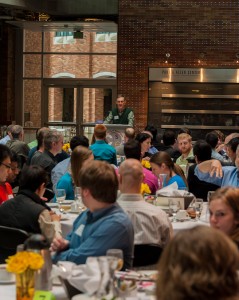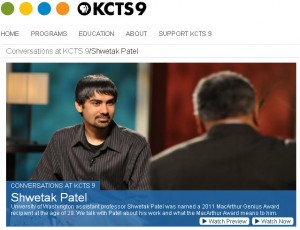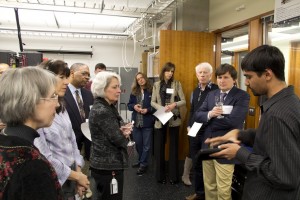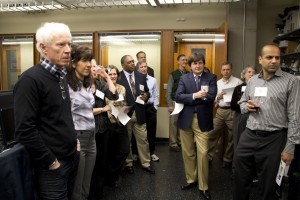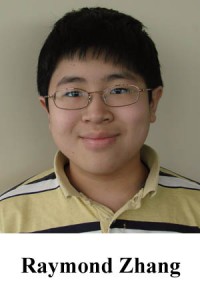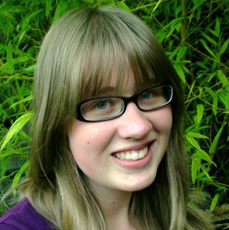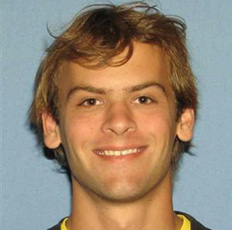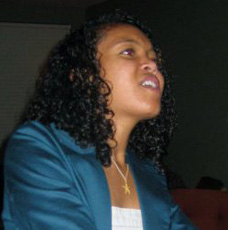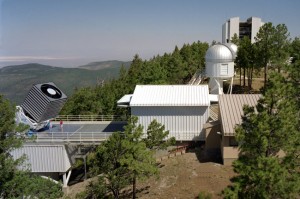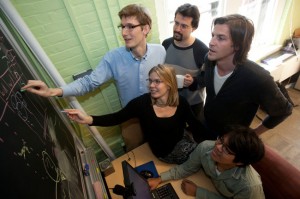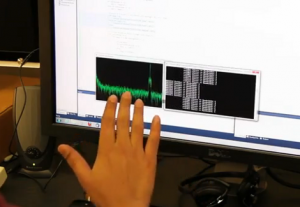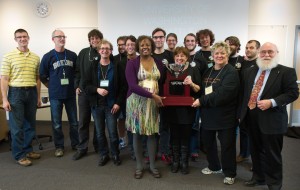
Front row: Amelia Phillips (Dean at host Highline CC), Melody Kadenko (CSE - team advisor), Barbara Endicott-Popovsky (UW iSchool), Joel Ware (Boeing). Middle row: Mick Ayzenberg (CSE team), Henry Baba-Weiss (CSE team), Jake Appelbaum (CSE team coach), Miles Sackler (CSE team captain), Miro Enev (CSE team). Back row: Billy Kozma (SPAWAR), Drew Kesselring (Boeing), Ian Finder (CSE team), Karl Koscher (CSE team), Landon Meernik (CSE team), Lars Zornes (CSE team), Cullen Walsh (CSE team).
Last year, UW surprised itself by winning the National Collegiate Cyber Defense Competition. It is perhaps not so surprising, then, that the UW team – composed entirely of CSE students – rocked at this weekend’s Fifth Annual Pacific Rim Regional Collegiate Cyber Defense Competition, winning a return ticket to the nationals. UW’s score exceeded the combined scores of the second, third, and fourth place teams.
Congratulations to team members Mick Ayzenberg, Henry Baba-Weiss, Ian Finder, Karl Koscher, Landon Meernik, Cullen Walsh, Lars Zornes, Miro Enev (grad alternate), Max Sherman (undergrad alternate), Miles Sackler (Team Captain), Melody Kadenko (Team Advisor), and Jake Appelbaum (Team Co-Advisor).
Team Advisor Melody Kadenko says: “I am SO PROUD of them!!! Further, it proves that it’s not necessarily our team training and practice that can account for so many wins (since we don’t do much of that). It’s the CSE curriculum that teaches our students how to analyze, find solutions, think abstractly. The only thing left to teach during training/practice is how to not have a meltdown when something goes horribly wrong, and how to keep the profanity to a minimum when judges are present.”
Go team! Read more →
 UW CSE Ph.D. students Tom Lin and Yoav Artzi have received awards in Yahoo!’s 2012 Key Scientific Challenges program. From an outstanding group of 208 proposals, 30 exceptional Ph.D. students were selected. See the complete list of winners here.
UW CSE Ph.D. students Tom Lin and Yoav Artzi have received awards in Yahoo!’s 2012 Key Scientific Challenges program. From an outstanding group of 208 proposals, 30 exceptional Ph.D. students were selected. See the complete list of winners here.

